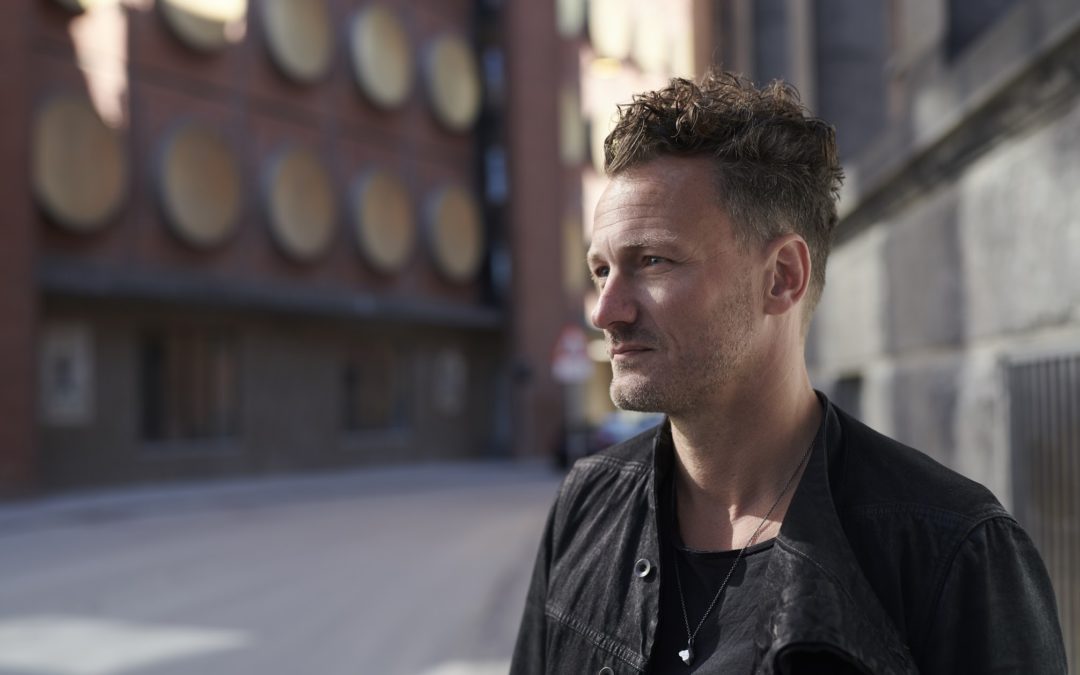Brands often focus too heavily on making themselves come across as the “hero.” Too often they fall into a “hero trap”.
If you asked a psychologist to evaluate most brand purposes, I imagine the diagnosis would be somewhere between megalomania or delusion.
The latest attention-grabbing ad from Nike hits the nail on the head. “Believe in something, even if it means sacrificing everything.” The whole purpose space has moved from being a trust-building commercial exercise to a blind crusade, with each brand trying to outdo the other’s efforts. Say no to straws! Commit to wind energy! Minimize food waste!
At the same time, people are becoming increasingly cynical toward the very motive of those brands. According to a Deloitte study among millennials and Gen Z, nearly 66% say companies have no ambition beyond wanting to make money (up from 50% the year before). We are clearly in an authenticity crisis.
Try to fly like an angel, fall like a can of soup
And as an answer to this mess, I hear critics shout or advise brands to care more, do more, sacrifice more.
First of all, doing anything other than what you have set out to do is nothing but a short-term strategy in both branding and in life. To me, letting your actions speak for themselves sounds pretty quasi-religious. Where exactly does that stop? With a miracle?
The problem is that most brands are going headfirst into what I call the hero trap. If you as a brand try to take the number one spot on improving the world, that makes for a very long way to fall. We’ve all read about the mishaps, the collisions and obituaries. And more will come.
Your brand purpose or your customer’s passion?
If you ask a brand to sit down on a bench and philosophize about its larger role in this world beyond profit about its big why, it is no wonder we see so much grandstanding and out-of-this-world purposes. This is how brands have always communicated. “We as a brand want to fix climate change, rid the oceans of plastic and solve world hunger.” Please listen carefully to those commitments: we, we, we. It sounds megalomaniacal.
Try and do the same exercise in your own life. Why do you do what you do? What’s your purpose? Pick a bench. Most likely, you’ll have a couple of things you want to improve in your life. Things like remembering to curse less, saying no to plastic bags more often or pursuing passions like finding more time to play the guitar or finally getting fit. We’re asking the wrong question.
Your brand is only special when you make your customers feel special
Instead of painting your brand as the hero, why not take the backseat and make your customer the hero?
Take sportswear brand RYU (Respect Your Universe). It is ambitious on its customers’ behalf, saying, “We’re here to help you achieve more than your gym goals. RYU is here for your life goals.” And RYU doesn’t take this commitment lightly. In 2017, RYU launched a promotion giving customers discounts on their apparel if they had either lost weight or gained muscle mass over the previous year. It’s about Me with a capital “M”: My values, My goals; not some crusade that ends with the brand as the winner.
The market pressure on purpose to evolve is clear. We need to move from “we care about this or that” and “this is why we do what we do” to enabling people to become the actors of change. It’s a move from a transactional relationship of believing in a brand as a company that brings change to a transformational relationship where you believe in your own ability as a customer to bring about change.
I don’t think there is a higher achievement for any brand than making people achieve their goals in life. In 2016, when an iconic brand like Patagonia donated their sales from Black Friday, it was obviously a strong statement $10 million given directly to grassroot nonprofits. But compare Patagonia’s donation to REI’s #OptOutside campaign, which has succeeded in reaching increasingly more Americans with its message, from 1.4 million reached in 2015 to 15 million in 2018. What creates the biggest engagement? The biggest change? Where do the customers feel the most value? When more and more of us are stuck in big cities, it’s a welcome pat on the back from REI. I’m not questioning REI’s authenticity, and I can only blame myself on any inaction. REI also successfully aligns profit and purpose by creating more champions of the outdoors. It’s not a sacrifice, but a mutually beneficial exercise for its customers and the company.
Purpose in its current state is troubled, to say the least. Most brands unfortunately view it as an exercise in navel-gazing and self-importance rather than an opportunity to look to their customers and genuinely enable better lives. Let’s face it: The biggest barrier to any change is you and me. Think about the broken New Year’s resolutions, the running shoes still tucked away in the closet, the meditation app you haven’t opened in weeks. At the end of the day, if your brand wants to change the world, the only way to begin is by helping people create that much-needed change.
This article is originally posted on Adweek: https://www.adweek.com/brand-marketing/brands-need-to-stop-putting-themselves-first-when-focusing-on-a-purpose/#.XRsEr0o6jAw.twitter

